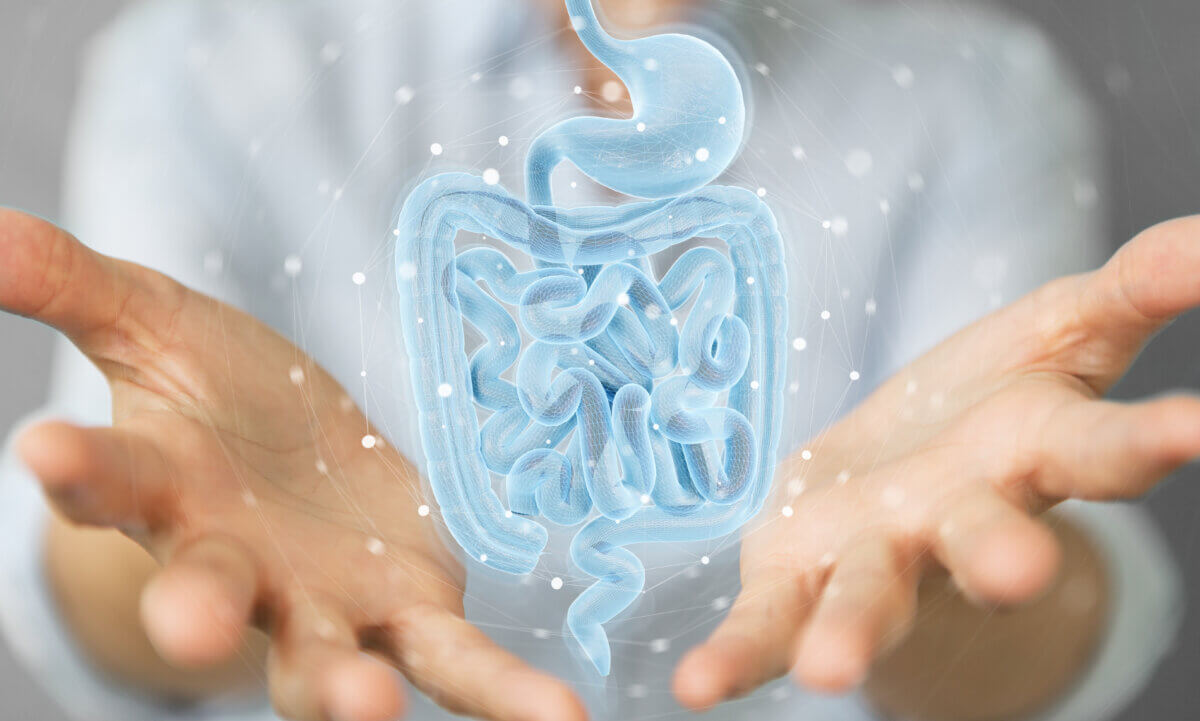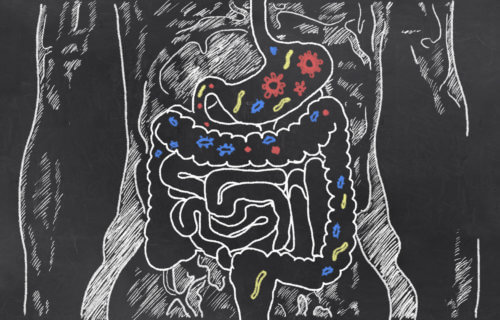BETHESDA, Md. — Scientists are continuously in awe at the newest discoveries in our gut microbiomes. Now, new research reveals that our gut bacteria can actually change by the day and even the season, showing stark differences in the summer compared to the winter.
“The seasonal variations we see in conditions like allergies or the flu occur in context of completely different microbiomes,” says Carolina Dantas Machado, PhD, the study’s lead author and a researcher in the laboratory of Amir Zarrinpar, MD, PhD, at UC San Diego, in a media release. “We may need to put our understanding of how seasons affect health and disease in context of a microbiome that is much more variable and dynamic than we have previously thought.”
To do this, the team reviewed data from around 20,000 stool samples collected as part of the American Gut Project, the world’s largest citizen science project, between 2013 and 2019. They found that almost 60 percent of related bacteria have a distinct 24-hour cycle. However, the seasonal differences stood out even more, showing that certain types of bacteria followed very specific patterns over the course of a year.
Particularly, the researchers found that the number of bacteria called Actinobacteriota was different depending on the time of day. In the morning, the numbers were low, but by the evening they were significantly higher. Similar trends appeared in levels of Proteobacteria according to the seasons. In the winter, the bacteria was present in much lower levels compared to the peak of summer.

“You can imagine that the gut environment is radically different in terms of nutrient and water availability and pH when the person is sleeping compared to right after they eat breakfast,” explains Dr. Zarrinpar.
It’s a bit more difficult for scientists to explain the reasons behind seasonal changes, but they’re looking for answers by exploring latitude and climate data in order to see if light and temperature play a role. Pollen and humidity may also be part of the equation, too, so it’s important for scientists to look at the whole picture.
Not only are these findings valuable for other gut microbiome researchers, but also for others whose research involves the gut and therefore could potentially be impacted by changes it undergoes. For example, scientists conducting medication studies, where the microbiome could play a crucial role in digesting and metabolizing drugs, would have to take these variations into account, particularly when interpreting their results.
The team is presenting their findings at Digestive Disease Week® (DDW) 2023.
You might also be interested in:
- Water quality in your home may vary from room to room, and in different seasons
- 11 signs you may have a serious gut health issue
- Best Probiotic Supplements For 2023: Top 5 Gut Health Products Most Recommended By Experts

